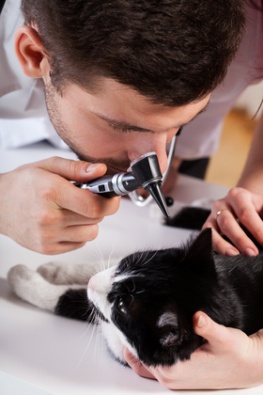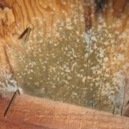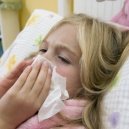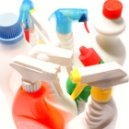Find a pre-screened local mold removal specialist Free Estimate
Find a Mold Specialist Now
Click or Call, Toll-Free 24/7
Pets and Mold
Many homeowners know that mold can make people sick but not as many know about pets and mold. Exposure to household mold can make pets sick, too, and in fact they may get sick faster than people do when exposed to mold since they are so small, much like infants are more susceptible to mold-related illness than adults.
Common Symptoms of Mold Exposure in Pets
The symptoms of exposure to mold may vary somewhat depending on what type of pet you have. For instance, a dog or cat may show somewhat different symptoms than a guinea pig or rabbit.
Some common symptoms of mold exposure you may notice include:
- Excessive scratching in the absence of fleas
- Pets may develop sores and/or bleed from excessive scratching
- Excessive licking
- Hair loss due to excessive scratching and/or licking
- Coughing
- Sneezing
- Runny nose
- Runny eyes
- Labored breathing
- Wheezing sound when breathing
- Loss of appetite
- Lethargy
Talk to your veterinarian for more information about pets and mold exposure symptoms of which you should be aware. You should also be familiar with the typical behavior, eating patterns and energy level of your pet. If you notice changes, contact your vet.
Treating Symptoms of Mold Exposure in Pets
If your pet shows symptoms of exposure to mold, he needs to see a vet right away. Let your vet know if your pet has been exposed to mold or if you suspect exposure to mold might be causing his symptoms.

If you can’t get your pet in to see the vet immediately, we recommend removing him from the home if possible in order to avoid continued exposure to mold prior to seeing the vet. Arrange for him to stay with a friend or family member or in a kennel if you can. Continued exposure to mold could make your pet’s symptoms worse and permanent damage to the respiratory system or even death could result.
Your vet will probably prescribe medications to treat your pet’s symptoms. However, your pet’s symptoms will probably not improve and may even continue to get worse as long as he is exposed to mold. Your vet may advise you to keep your pet out of the home until you’re able to get the mold cleaned up. You may be able to board your pet at the vet’s office, or you can ask a friend or family member to keep him temporarily, or you may be able to board him at a kennel. Make sure to ask your vet if it’s safe for him to be around other pets, though; if he’s sick, he may not be able to stay in a kennel or in a home with other pets.
For Help with Mold Removal
If you’re concerned about pets and mold exposure, you need to get any household mold cleaned up as soon as possible. We recommend calling in a mold removal professional to make sure the job is done correctly and completed in a timely manner so your pet can safely return home. Most mold removal professionals offer free consultations, so you can get the benefit of some expert advice about the job even if you plan to do the work yourself. To find qualified mold removal professionals near you, follow the link.
We also recommend having a certified mold tester inspect your home after the cleanup has been completed, whether you do the job yourself or hire a professional, to make sure all traces of mold have been removed. That way you know for certain it’s safe for your pet to return home. Here you can find a list of certified mold testers near you.
Free Home Inspection By A Mold Removal Specialist
Search This Website

Recent Articles
-
See Our 5 Recommended Mold Removal Companies in Covington, KY
Apr 16, 25 12:59 PM
-
See Our 5 Recommended Mold Removal Companies in Wheaton, IL
Jun 20, 24 10:33 AM
-
See Our 5 Recommended Mold Removal Companies in Aberdeen, SD
Oct 08, 21 04:05 PM




